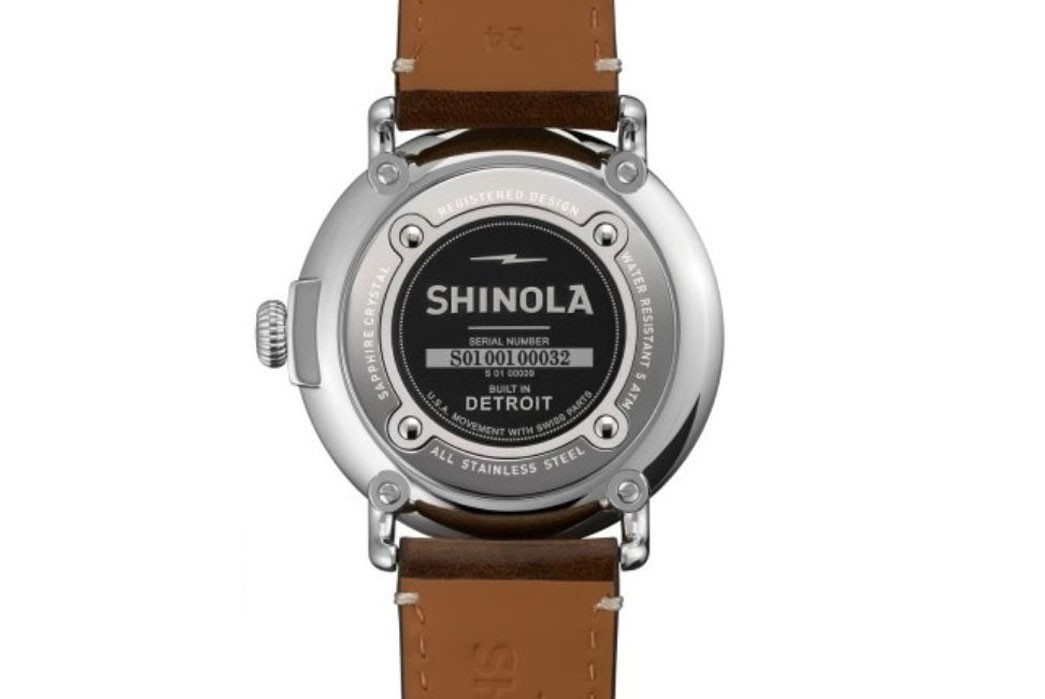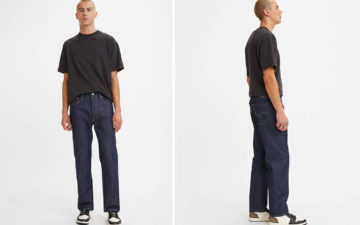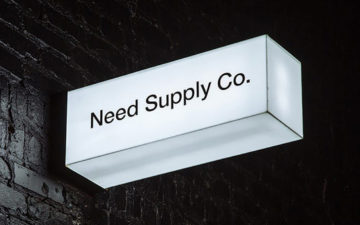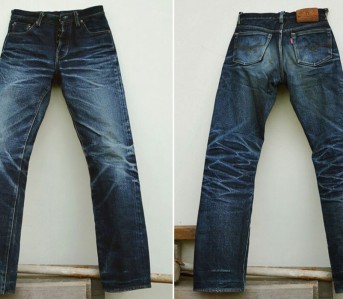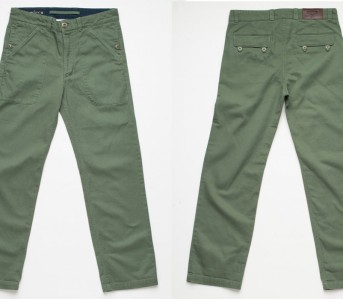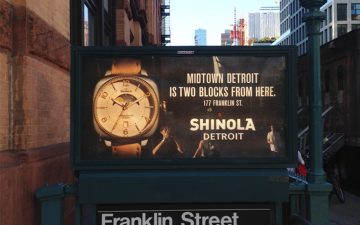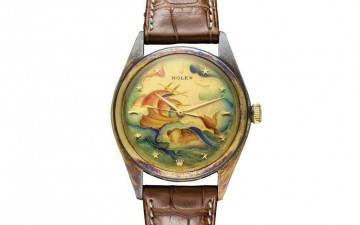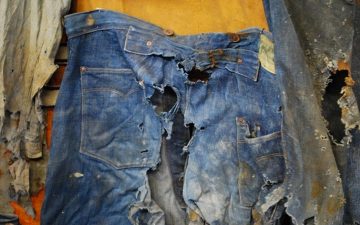“Made in USA” isn’t just a marketing gimmick. The label is regulated by the Federal Trade Commission to ensure that all but a negligible portion of the components and construction in a given product originated in the United States.
“Built in Detroit”, however, is a little more murky. Watch and accessory brand Shinola has based its branding heavily around the Motor City–Detroit is emblazoned on the face of their watches and “Built in Detroit” on the back. And while Shinola watches are assembled in Detroit, a good portion of the components are imported–the watch movements, cases, crystals, etc.–and don’t qualify for the “Made in USA” label. But if you consider “built” analogous to “made” and any city in the United States as representative of it, then it’s easy to see how a consumer could confuse “Built in Detroit” for “Made in USA”.
Apparently, the FTC agrees because last week they issued action and guidance to Shinola to remove the slogan, noting that “100% of the cost of materials used to make certain watches is attributable to imported materials.”
It appears, however, that Shinola had been bracing for this news for quite some time. In a memo from May 17, Shinola Senior Sales Director Kara Berg instructed Shinola retailers to retag certain products to reflect the origins of their components:
Shinola has recently identified that certain markings on its products within the marketing and packaging materials, such as “Built in Detroit”, may cause consumer confusion as to the origin of the Shinola products. We want to be clear that though the vast majority of Shinola products are fully assembled in the United States, that not all components are sourced from the United States. Therefore, we have created updated hang tags, brochures and product cards that we will be using for certain Shinola products.
We kindly request that you help us in effecting this transition so that we both provide appropriate information to the consumer. To that end we have enclosed updated materials for your inventory of Shinola watches, leather goods and bicycles.
The materials included were hang tags labeled “Built in the US with Swiss and imported parts.”
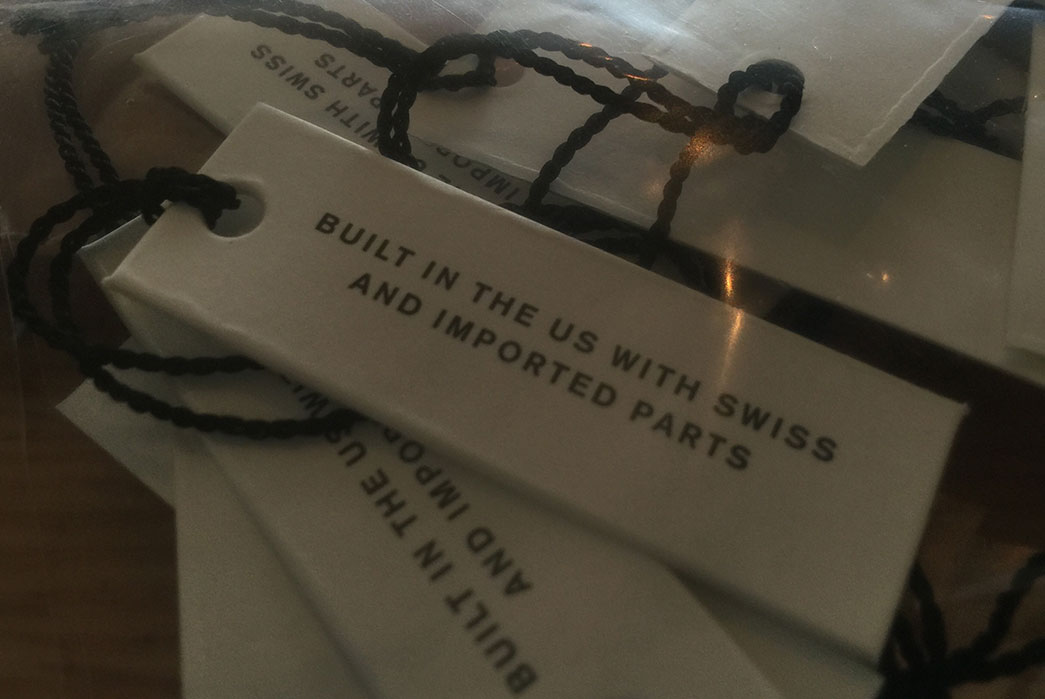
To Shinola’s credit, they are forthcoming about the origin of their materials on their website (click “Are all Shinola products made in America?”) and now that almost all major manufacturing has left the United States, it would be nearly impossible to mass produce a watch that the FTC considered “Made in USA”. But I doubt many prospective buyers browse Shinola’s FAQ page before considering a purchase and take “Built in Detroit” at face value.
(And this line of logic poses the question, is a jean made in the United States from Japanese denim and German thread technically “Made in USA”?)
But if they’re going to make their name on domestic production, they should be honest about it or actually go about producing all the requisite parts. In an open letter on Monday, Shinola founder Tom Kartsotis claimed that the company’s branding decisions were reflective of Shinola as a job creator and “not a made in America play”, yet even the new labeling trades on the cultural capital of nations. Why is Switzerland listed on these new tags when component parts also come from Thailand and China?
One of the values we hold in the highest regard is that the value proposition of a given item should be self-evident. The origin narrative of a product shouldn’t be a detractor so long as it’s ethical and well made. In many cases, it’s easier to answer those questions with what country it came from. Made in USA (and Japan, Switzerland, UK, etc.) is little more than a value add to many companies who know consumers will pay more for it.
The real jobs Shinola has created in Detroit are commendable, but the way they’ve obfuscated and continued to obfuscate the story of their product should give any conscious consumer pause.

